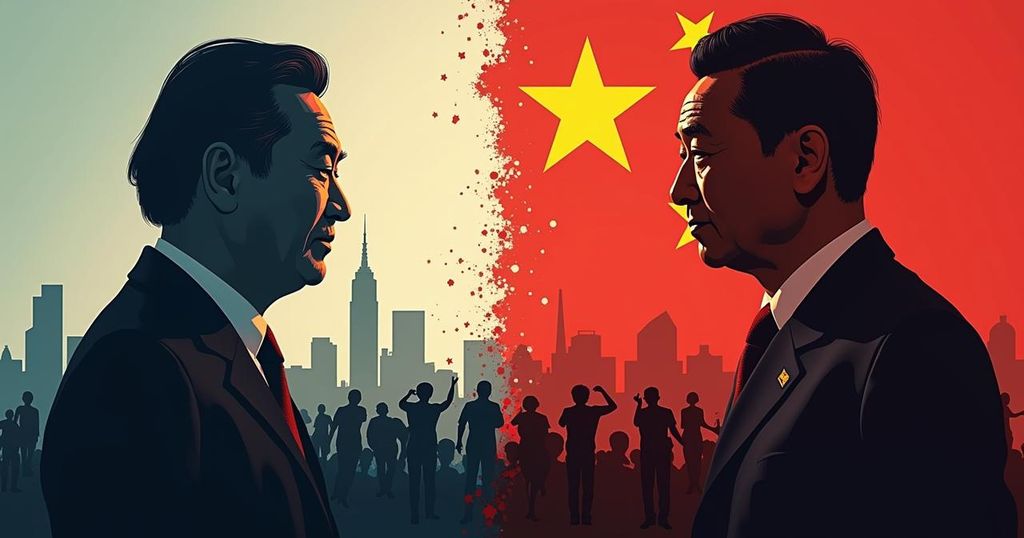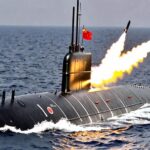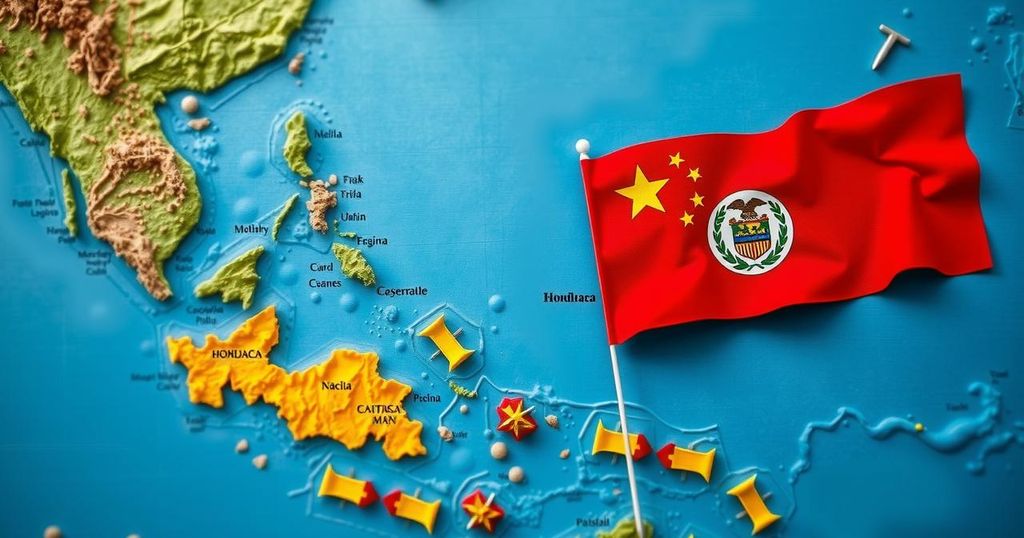Argentina’s Milei Shifts Diplomatic Strategy: Embracing China
Argentine President Javier Milei, who previously criticized China, is moving towards rapprochement with the Asian nation by planning a visit to Beijing in January 2025. This shift follows a recent agreement on a substantial currency swap aimed at stabilizing Argentina’s economy. The change in stance may enhance China’s influence in Latin America amid ongoing geopolitical competition.
Argentina’s President Javier Milei, initially an outspoken critic of China during his electoral campaign, has now expressed his intention to strengthen ties with the Asian power. Announcing plans to visit Beijing in January 2025, President Milei is signaling a significant shift in diplomatic and commercial strategies. Recently, in June, agreements were reached between Argentina and China to extend currency swap arrangements totaling 35 billion yuan (approximately US$5 billion) with Argentina’s central bank until July 2026. This initiative is deemed vital by the Buenos Aires administration in stabilizing the country’s balance of payments. President Milei noted, “We had a meeting with the ambassador [Wang Wei]. The next day, they unblocked the swaps.” This evolving rapport with China could reshape the geopolitical landscape and influence dynamics within Latin America, particularly given China’s historical investment of around US$155 billion in regional infrastructure projects since 2005.
The context of Argentina’s shifting diplomatic stance originates from its need to address economic challenges and forecasted financial stability. Historically, Argentina’s relationship with China has been complex, marked by skepticism and criticism under the previous administration. However, with a new leadership under Javier Milei, there is a clear pivot towards recognizing China as a crucial economic partner, particularly in light of significant currency arrangements and infrastructure investments that China has facilitated across Latin America. This strategic realignment may have broader implications, as it intersects with ongoing power struggles for influence between the United States and China in the region.
In conclusion, President Javier Milei’s forthcoming trip to Beijing and his newfound appreciation for China’s role as a commercial partner signifies a pivotal change in Argentina’s foreign policy. This shift not only aims to secure necessary economic support but also reflects a broader trend of increasing Chinese influence in Latin America. As geopolitical tensions continue to evolve, the implications of these developments warrant close scrutiny from international observers.
Original Source: www.scmp.com








Post Comment